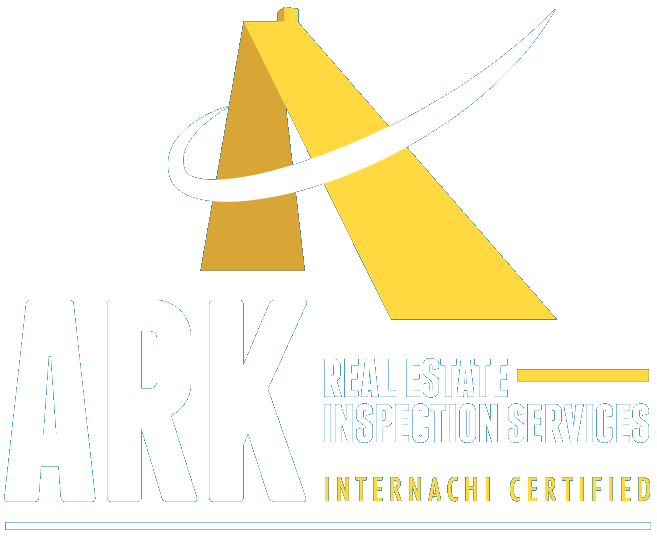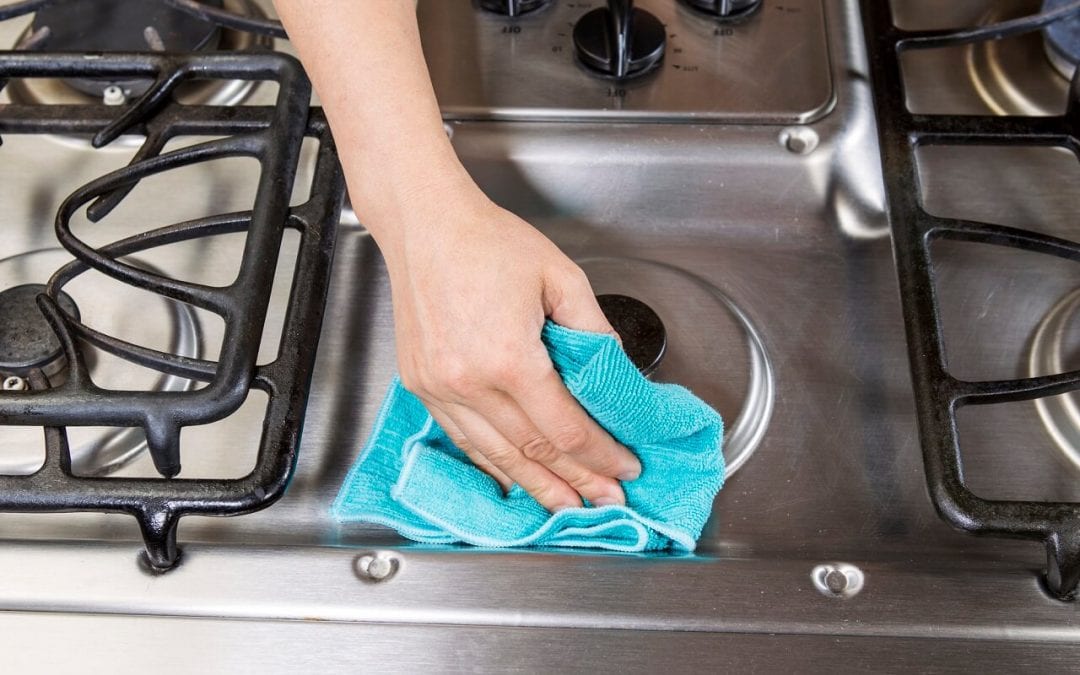The Life Expectancies of Household Appliances
The life expectancy of an appliance varies by the brand, model, and its energy source. For example, a gas appliance has fewer moving parts and will typically last longer than an electric one. Let’s look at the lifespans of common appliances used in the home.
When to Replace Household HVAC Appliances
The average central air conditioner and heat pump have a lifespan of about 15-16 years. Your heating options are more varied than air conditioning, so the lifespan varies as a result. Gas furnaces average about 18 years, while a gas boiler can last 15.
To get the most life out of these appliances, have them serviced annually. An HVAC professional will tune up the system and help it run more efficiently. Change the filters regularly and keep the exterior of the unit clean and free of dust to maximize performance.
Ranges
Another appliance with a lifespan that varies depending on its energy source is the range. Electric ranges typically last about 13 years while a gas range averages 15 years. Keep the range clean to help prolong its lifespan.
When to Replace Household Appliances: Refrigerators
While the average refrigerator can last up to 13 years (or 9 for a compact model), you may benefit financially by replacing it sooner. Newer models are much more energy-efficient. A new refrigerator will pay for itself in energy savings over time. To maintain your refrigerator, keep it clean, inside and out. Wipe down the interior walls and shelves. Clean the seals around the door. Vacuum the coils to remove dust to help the fridge perform more efficiently.
Freezers
Stand-alone freezers have an average lifespan of around 11 years. However, it is helpful to note that if you maintain it by defrosting before it accumulates more than 1/4 inch of ice, it will last longer. Spending extra money for a self-defrosting model may be worth it in the long run; this feature helps keep the appliance running efficiently and increases its lifespan.
Dishwasher
The dishwasher has a lower life expectancy than many other appliances, lasting only around 9 years. This is because they are used frequently and have many components.
It’s necessary to clean the dishwasher to remove calcium and lime buildup and food particles from the jets. If your dishwasher has a filter, change or clean it regularly. This will help it to run more efficiently, and as a bonus, it will last longer.
Washers and Dryers
Especially if you have a big family, laundry appliances get plenty of use over their lifetimes. The washing machine lasts an average of a decade and the dryer closer to 13 years. To help them last longer, don’t overfill your washing machine or wash heavy items often. For the dryer, clean the lint trap after each use and clean the vent a couple of times a year.
Know When to Replace Household Appliances
Although it may seem cost-effective to keep your appliances as long as possible, it may actually be beneficial for you to upgrade them early if the energy-efficiency justifies the replacement cost. If you are concerned about extending the lifespans of household appliances, maintain them. A well-cared-for appliance can outlast the average life expectancy.
ARK Inspections provides home inspection services to the Twin Cities. Contact us to schedule an appointment.

